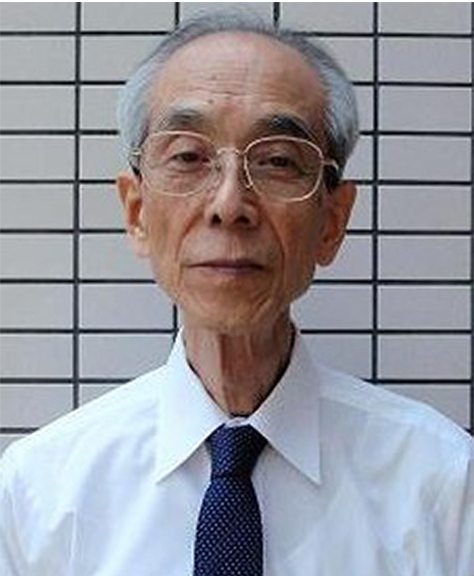CCA mourns the passing away of Japanese ecumenist and peace activist Rev. SHOJI Tsutomu
 Rev. Shoji Tsutomu
Rev. Shoji Tsutomu
CHIANG MAI: A veteran Japanese ecumenist and peace activist, former General Secretary of the National Christian Council in Japan (NCCJ) Rev. Shoji Tsutomu passed away on Tuesday 25 August 2020.
Born in Kanagawa Prefecture, south of Tokyo, he became an ordained minister of the United Church of Christ in Japan (UCCJ), for 41 years.
Rev. Shoji was General Secretary of the NCCJ from 1978 to 1985.
The General Secretary of the Christian Conference of Asia (CCA) Dr. Mathews George Chunakara expressed condolences on the demise of Rev. Rev. Shoji Tsutomu, and stated that with the passing away of Rev. Shoji, the Japanese churches have lost another committed ecumenist who contributed immensely to the Asian ecumenical movement for many years.
As the General Secretary of the NCCJ, Rev. Shoji was instrumental in bringing the Japanese churches and the civil society organizations together on a common platform for advocacy on human rights, democratization and peace building.
Dr. Mathews George Chunakara recollected the contributions of Rev. Shoji in facilitating and hosting the historic Tozanso international ecumenical conference organsied by the World Council of Churches.
He was also one of the leading church leaders who could convince the then leadership of the WCC to be engaged in facilitating international ecumenical solidarity for the Korean peace process which eventually led WCC to organize the famous Tozanso conference in 1984, added Mathews George Chunakara.
In his capacity as the General Secretary of NCCJ, Rev. Shoji was involved in various CCA programmes in 1970s and 1980s.
As a young student at the Union Theological Seminary in New York during late 1960s, Shoji was deeply influenced by the churches’ involvement in the anti-Vietnam War movement in the USA. Upon return to his native Japan, he became involved in peace movement in Japan.
Rev. Shoji was also known for his long-time activism on the issue of denuclearization. As a member of the Inter-religious Coalition on Nuclear Power Administration, he was deeply involved in the network of anti-nuclear power plant activists in Japan. He was a member of the WCC delegation to the 3rd Conference of the Parties (COP3) of the UN Framework Convention (1997) on Climate Change in Kyoto.
Rev. Shoji’s contributions for organizing campaigns against the arrest of the Japanese born ethnic Korean students, the Suh Brothers who were studying in South Korea. The Suh brothers were arrested and detained by the Army Security Command of South Korea over alleged violation of the National Security Act and their involvement in the democratization movement. Shoji played an active role in organizing a nationwide campaign with active roles by the Christian community and the civil society organsiations in Japan to advocate for the release of the Suh Brothers from the South Korean prison.
He served as a Director of the Tomisaka Christian Center, an ecumenical theological research institute for many years. Rev. SHOJI Tsutomu dedicated the last part of his life for building up the Korea Museum in Tokyo, established by a citizens group that included Koreans, Japanese Zainichi Koreans, and Japanese in order to learn together the history of Japan and Korea. He was the first director of the Korea Museum.
A memorial service will be held at Kyodan Ohizumi Church in Tokyo, on 31 August 2020.










